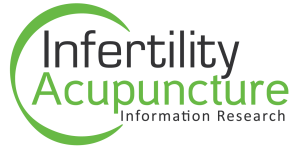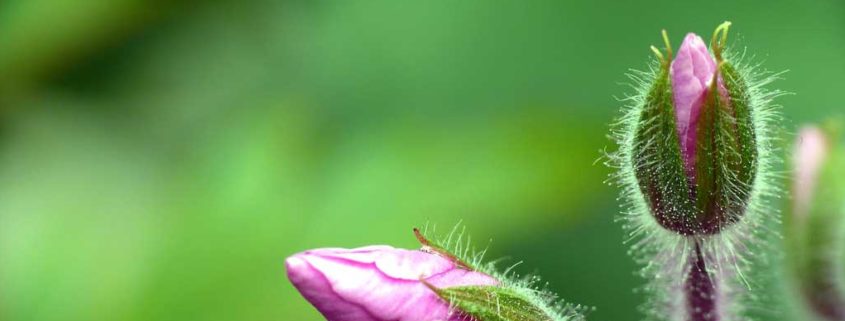How does reproductive acupuncture compares to the medication at improving ovulation?
One of the causes of anovulation is luteinised unruptured follicle syndrome (LUFS).
LUFS affects 5%-10% of healthy women and 25%-43% of women with infertility. This syndrome is more common among women diagnosed with endometriosis.
Most commonly LUFS is diagnosed during a series of ultrasound scans.
In women with LUFS, the dominant follicle will grow bigger than usual (up to 4 centimeters). The follicle will undergo the luteinisation process, but it will not rupture during the midcycle to release the mature egg. Progesterone levels will increase as if you have ovulated. Your endometrium will undergo premenstrual changes. In other words, you won’t be able to see any difference in your period. The menstrual flow will be no different from a healthy menstrual cycle. But, obviously, if the egg is not released, and if you have LUFS it is not, pregnancy cannot happen.
There is a clear explanation of why some women get LUFS. The main treatment for it is ovulation induction with hCG hormonal injection or Clomiphene. These treatments are a risk of hyperstimulation syndrome and other side-effects.
Does acupuncture offer a treatment alternative to anovulation?
A recent literature review on acupuncture’s effect on LUFS has been published in the Journal Of Acupuncture and Tuina Science. And if offers a safe and effective alternative.
29 studies from China were included in the review. The researchers discovered that acupuncture enhanced the ovulation and pregnancy rate, and was more effective than standard medication treatment.
Patients received electroacupuncture, ear, or standard acupuncture sessions, and, according to researches, all of them showed statistical difference over standard medication prescription.
Furthermore, acupuncture therapy or acupuncture plus adjacent Chinese herbs helped to induce LH surge, improve the blood perforation of the ovarian artery, and induce ovulation; all more effective than Chlomiphene or hCG injections.
Researchers observed no side effects resulting from acupuncture or/and Chinese herbs.
The findings of acupuncture’s effectiveness for LUFS are encouraging. However, most of the reviewed studies had a low number of participants or had other methodological flaws.
There is a need for a further appropriately designed randomised controlled trials to confirm encouraging findings.
Read the abstract here.



